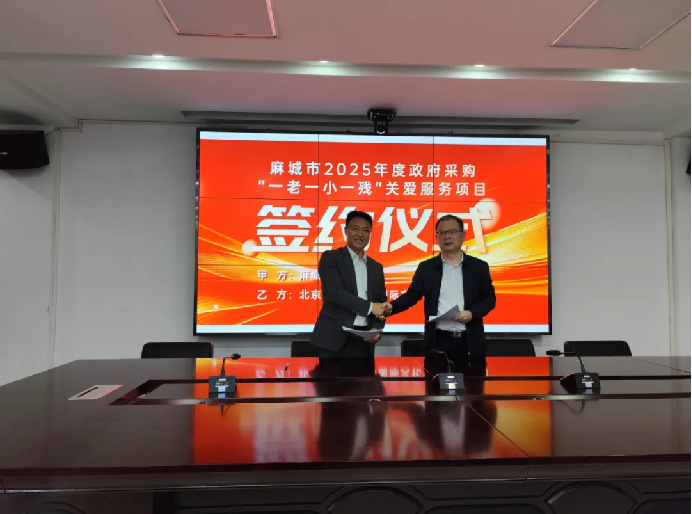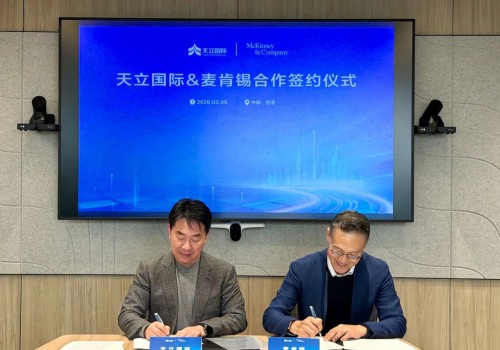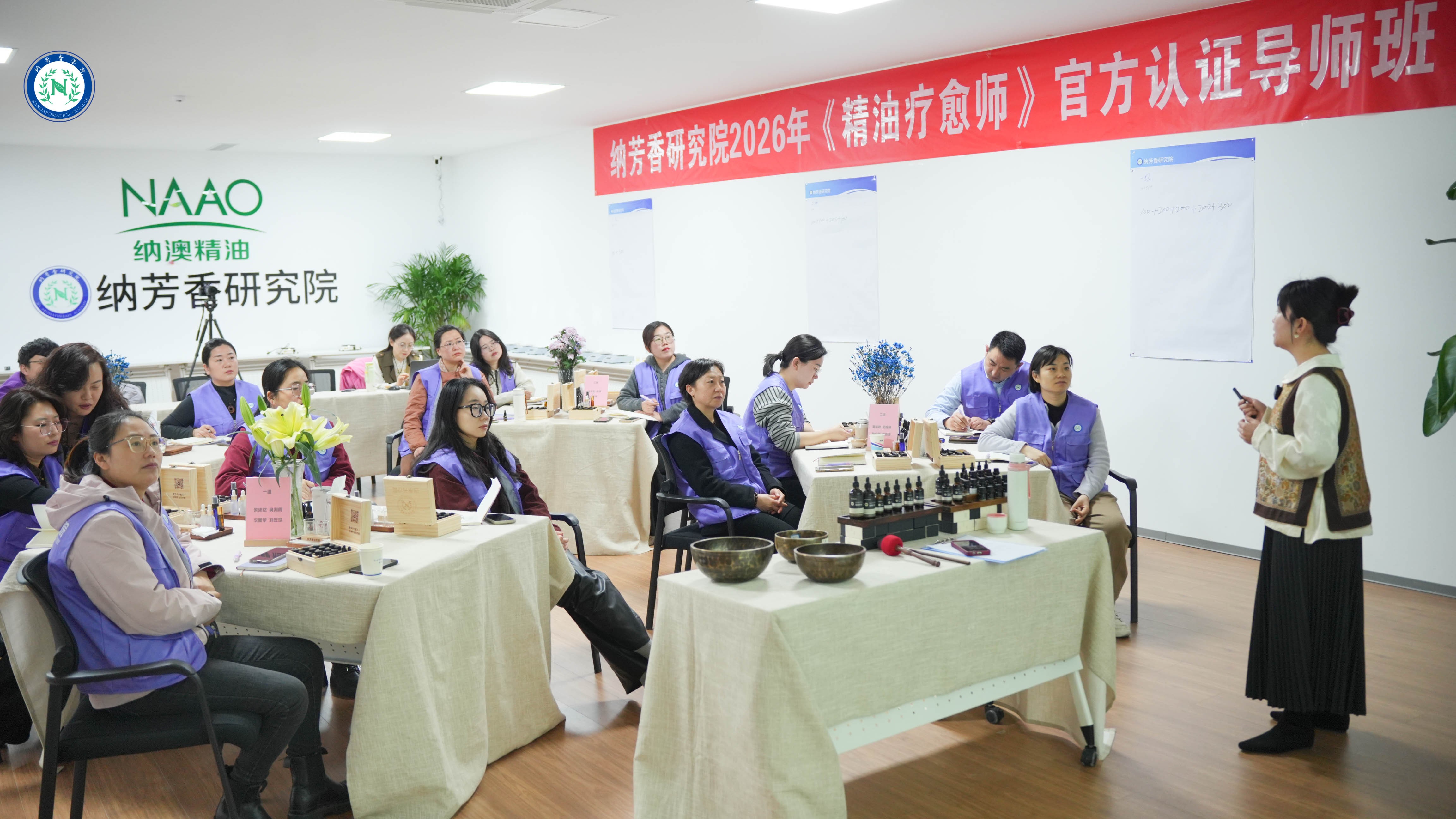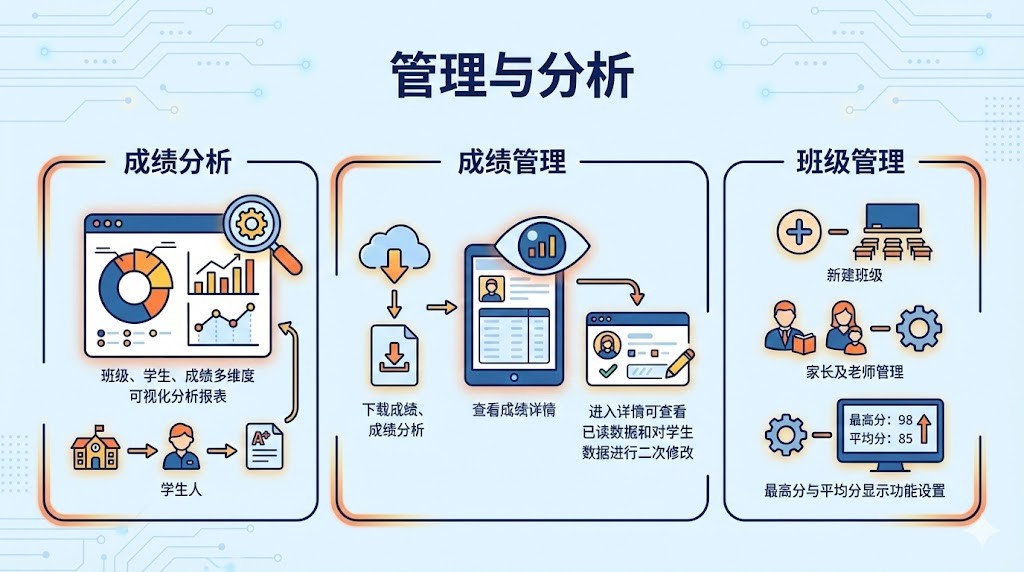By+Tang+Yuankai
For 51-year-old Chen, director of a resident committee in Beijings Shijingshan District, no household matter is trivial. She emphasizes that her job is to serve local residents and solve their problems.
The resident committee that Chen heads serves nearly 10,000 households. The problems she handles include roof leakages and domestic disputes as well as disagreements between neighbors. However, she also provides services including issuing certificates, ordering meals for elderly who live alone, mobilizing people to clean up streets and staircases, taking care of green spaces and reminding square dancers not to disturb neighbors.
Chen was elected as director and has served in the position for several terms. According to Chinas law on the organizing of resident committees implemented in 1990, the director, deputy director and staff members of a resident committee should be elected by residents or their representatives, and each of their terms lasts for three years.
This year, as the election nears, Chen said she plans to seek reelection.
Resident committees are grassroots selfgovernance organizations, rather than official government or Party organizations. “I dont work for the government,” Chen emphasized.
Sub-district governments, which govern urban neighborhoods, are the lowest level of government within cities, while resident committees are grassroots self-governing organizations set up by citizens.
Nonetheless, in the eyes of many people, resident committees are mistaken as representing the Party and government, Chen said.
“Resident committees can connect the general public to the government,” Chen stressed. “We must be responsible and handle affairs pertaining to residents interest well,” she added.
The Shijingshan District has been chosen to pilot the Beijing Municipal Governments reform of the neighborhood and community management system. The reform is expected to take effect city-wide later this year.
Town service
Resident committees have dual identities, said Lu Xiaochun, a Shanghai official in charge of social work. On one hand, a resident committee is a self-governing organization. On the other hand, it assists the government with management, so they must balance their dual properties well, he commented.
For a long time, sub-district governments have controlled the financial and human resources of resident committees and assigned them a number of administrative management duties, which has seriously restricted their ability to perform self-governance function, wrote Li Gang, a government official in Baotou, Inner Mongolia Autonomous Region, when he was doing doctoral research at the Minzu University of China.
An official from Beijing Civil Affairs Bureau told Beijing Morning Post that resident committees in Beijing can perform more than 200 duties, including promoting economic development, delivering public services, distributing social relief, maintaining social order, organizing cultural educational activities, and implementing family planning policies.
Some of their duties are administrative in nature, such as handing petitions from the public and issuing certificates. Chen said that she has the authority to stamp an array of certificates, such as one to prove a residents address and marriage status.
Currently, in many cities, certificates and stamps from resident committees are necessary to handle more than 60 procedures, such as conducting community surveys, regulating unauthorized vehicles and handling traffic disputes.
The Beijing Civil Affairs Bureau is drafting measures to strictly restrict sub-district governments from assigning tasks to resident committees so that they can focus on promoting grassroots organizations and delivering public services.
“The government should do its work and cannot shift its burden onto grassroots organizations,” the official of Beijing Civil Affairs Bureau said.
The Beijing Municipal Government plans to reduce resident committees burden in handing administrative functions so that they can be focused on providing public services.
Chen applauded the reform. “It will reduce our committees workload by one third,” she said.
Similar measures to reform grassroots organizations have been adopted in other Chinese cities. In September of 2014, Shangyangshi Street Resident Committee began similar reforms in Hangzhou, east Chinas Zhejiang Province. More than 10 social services such as issuing certificates have been transferred from the resident committee to a local public service station.
“The community public service station offers one-stop services to local residents,” said Shen Xuehong, head of the station. She said that after a trial period, the work of community public service stations can be outsourced to social organizations so that residents can enjoy professional quality services.
Resident committee members will have more time to listen to residents opinions and address their problems, said Guan Yanjuan, the newly elected director of Shangyangshi Street Resident Committee. Guan, born in the 1980s, won the election after defeating dozens of other candidates.
Guan said in the future, residents satisfaction will be the sole criteria in evaluating committee members work performance.
To better serve residents and promote affinity between residents and grassroots governments, the Beijing municipal government will optimize the sizes of communities and sub-districts. After the adjustment, a resident committee will serve 1,000 to 3,000 households.
Currently, there are more than 160 sub-districts in Beijing, each with their own sub-district government, though they vary widely in size, covering areas ranging from less than 2 square km to more than 20 square km. The jurisdiction of sub-district governments will also be adjusted so that a sub-district covers approximately 5 square km.
During the reform, the Beijing Municipal Government will transform the functions of sub- district governments and reduce their workload so that they can concentrate on providing public services too.
Resources and services
As Beijing unveiled its grassroots governance reform plan, similar reform has already unfolded in Shanghai.
On the first work day of this year, Pan Hongyun, a Shanghai resident working in the economic division of a sub-district government in Gonghexinlu neighborhood in the citys Zhabei District, found that from then on, she wouldnt have to attract investment.
The neighborhood is home to more than 1,400 companies, many of which have been“lured” to this area by Pan and her colleagues.
The companies were important sources of revenue for the sub-district government. In the late 1970s, because of government financial strains, sub-district governments were conferred the responsibility to attract investment and generate tax revenues.
In Shanghais Minhang District, sub-district governments used to finance their expenditure with tax revenue paid by local enterprises.
Although sub-district governments in Yangpu District submitted all their tax revenue to the district government, which then reallocated funds to the sub-district government, yet the district government required imposed investment-attraction quotas on sub-district governments, and ranked and rewarded them accordingly. To earn the rewards, sub-district governments employees usually devoted one third of their resources to attracting investment, which prevented them from engaging in other endeavors that serve local residents.
Sub-district governments vied against each other for enterprises by offering more and more incentives, leading to fiscal inefficiency, Pan said. Moreover, some enterprises with backward production technology were also given tax incentives.
As sub-district governments varied in their ability to attract investment, their tax revenue differed, and so was their investment in public services.
“Some old communities need more investment to improve peoples livelihood, yet they might not be attractive to investors,” said Ni Qian, Director of Shanghais Lujiazui sub-district government.
“Some places are rich, some poor. The gap can be very wide. With the district government coordinating a districts financial resources, the provision of public goods will be relatively equalized,” said Huang Xiaochun, a professor with the School of Sociology and Political Science, Shanghai University.
On January 5, the Shanghai Municipal Government released a circular on further innovating social governance and strengthening grassroots management. The circular liberated sub-district governments from the onerous task of attracting investment and promised that district governments will cover the expenses of sub-district governments, so that sub-district governments can shift their focus to public service, public administration and public security maintenance.
“People used to compare neighborhoods by their financial strengths. Now they compare the quantity and quality of the services provided,” said Su Yuwen, Director of Jinyang Subdistrict Government.
Shanghais reform plan also stipulates that more funding should be provided to resident committees so that they can better serve residents while resident committees should not be assigned too many multifarious administrative tasks.
Governing capability
While some administrative burdens have been or are to be lifted off the shoulders of resident committees and sub-district governments, they are still faced with problems.
Improving the governance capability of grassroots organizations is a pressing issue. “To innovate social management and strengthen grassroots organizations, we need a professional community workers team,” said Qiu Hong, an official with Yanji Sub-district Government of Shanghais Yangpu District.
To encourage talented people to work in grassroots organizations, Shanghais reform plan states that community workers should be paid remunerations befitting their professional ranks and performance, and outstanding workers can be given priority when competing for jobs in government departments and public institutions.
“To foster the professional development of community workers, many communities have recently offered various training programs for social workers,” said Cao Huilin, who has been a community worker in Yuhua community in Shanghais Jingan District for nine years.
此文由 中国教育导报-小学编辑,未经允许不得转载!: 中国教育导报 > 小学 » Growing Grassroots Governance








